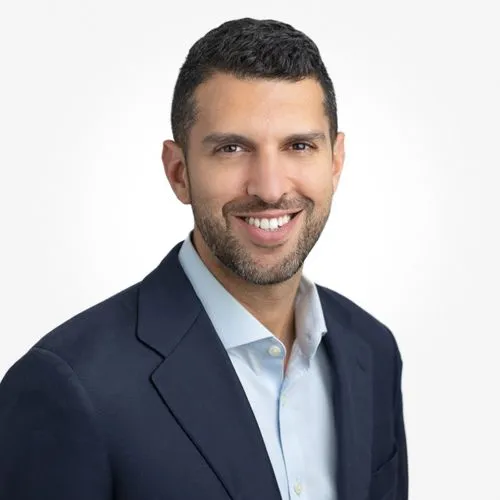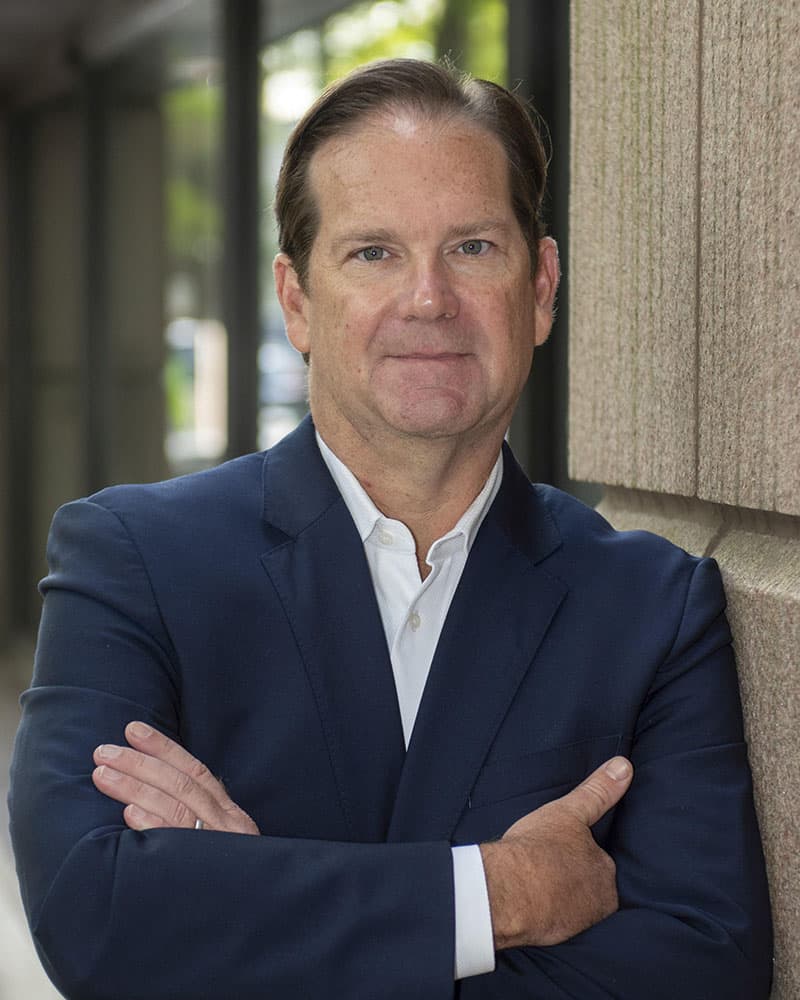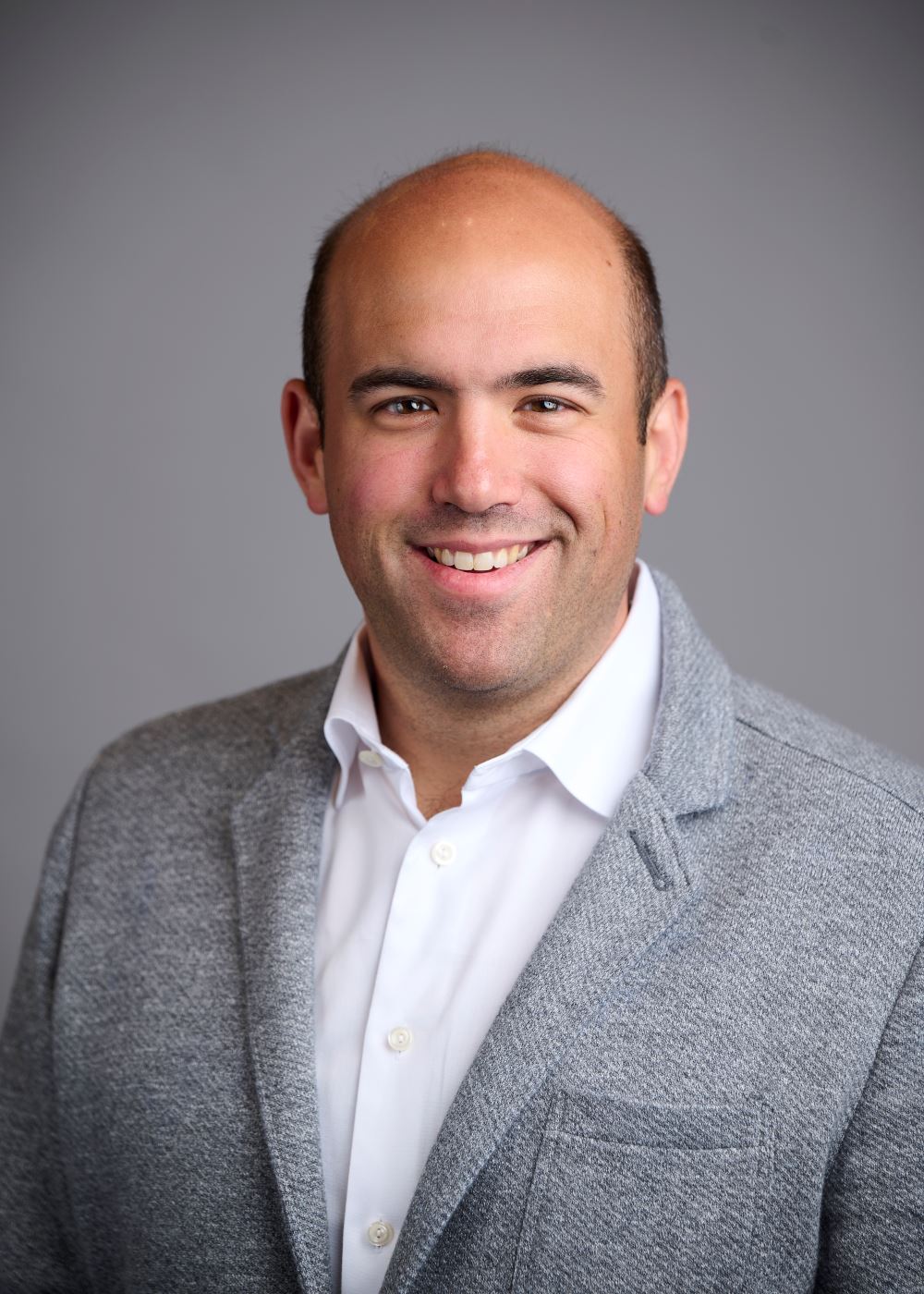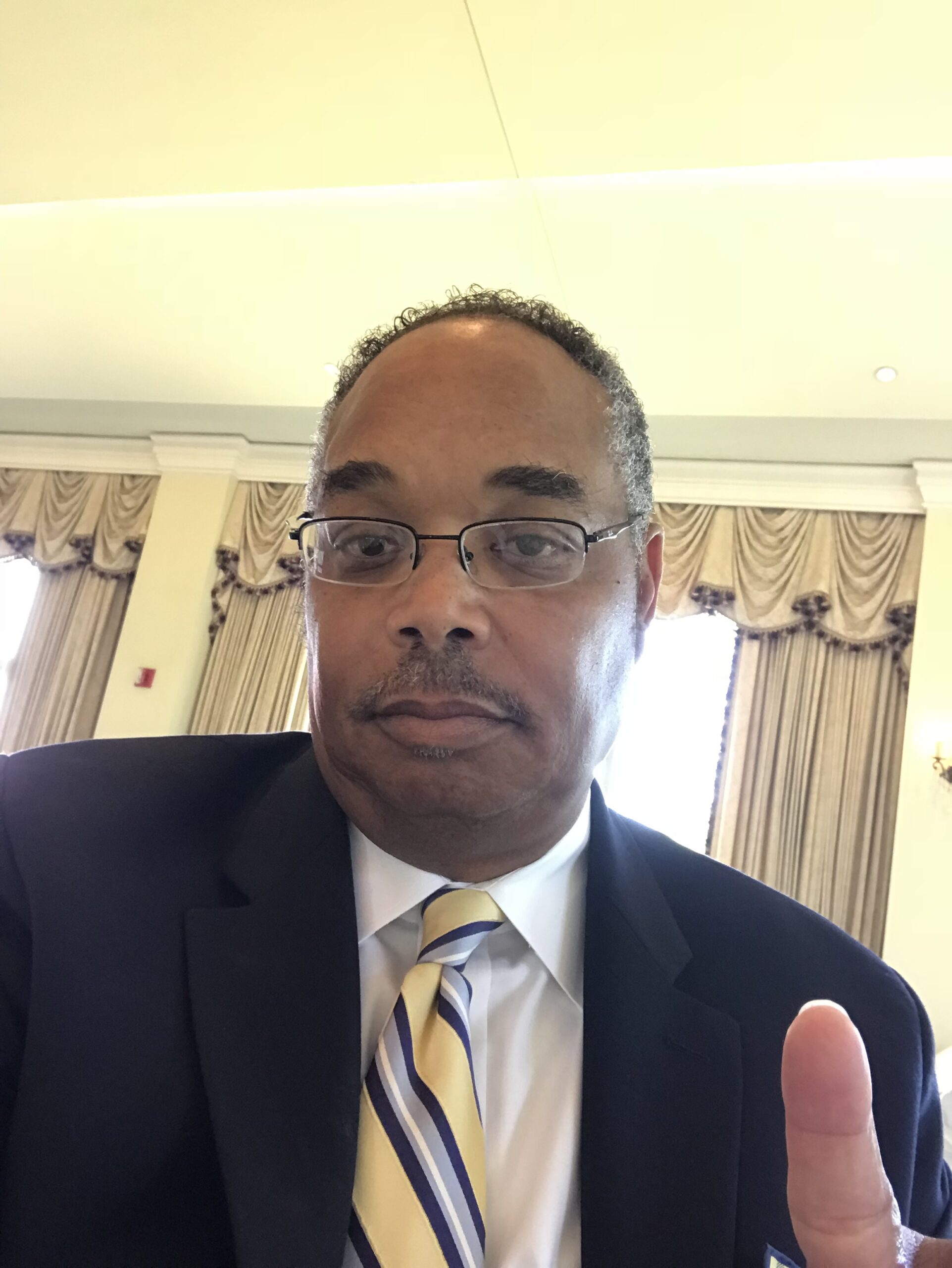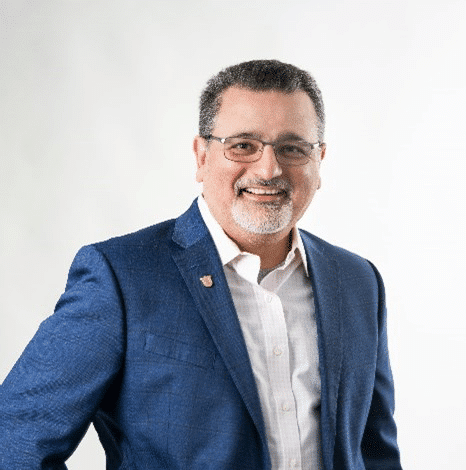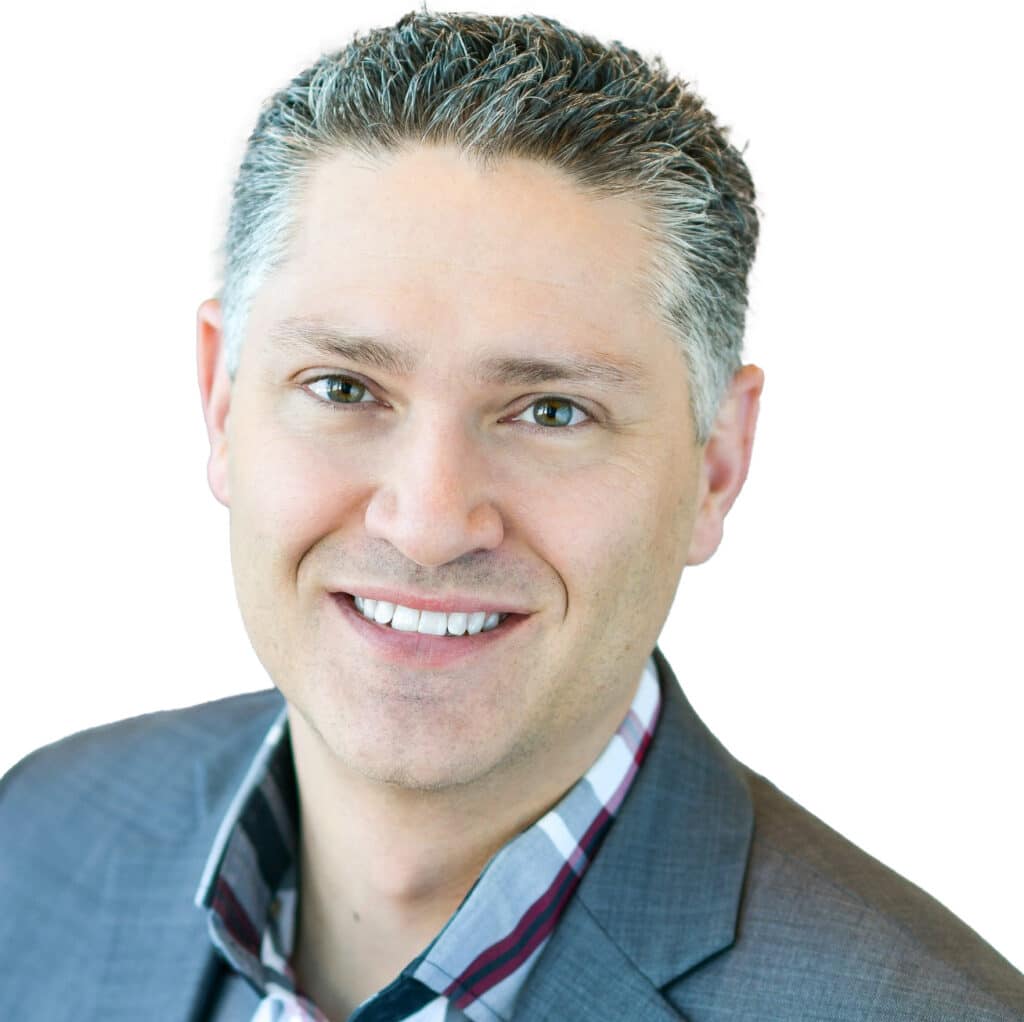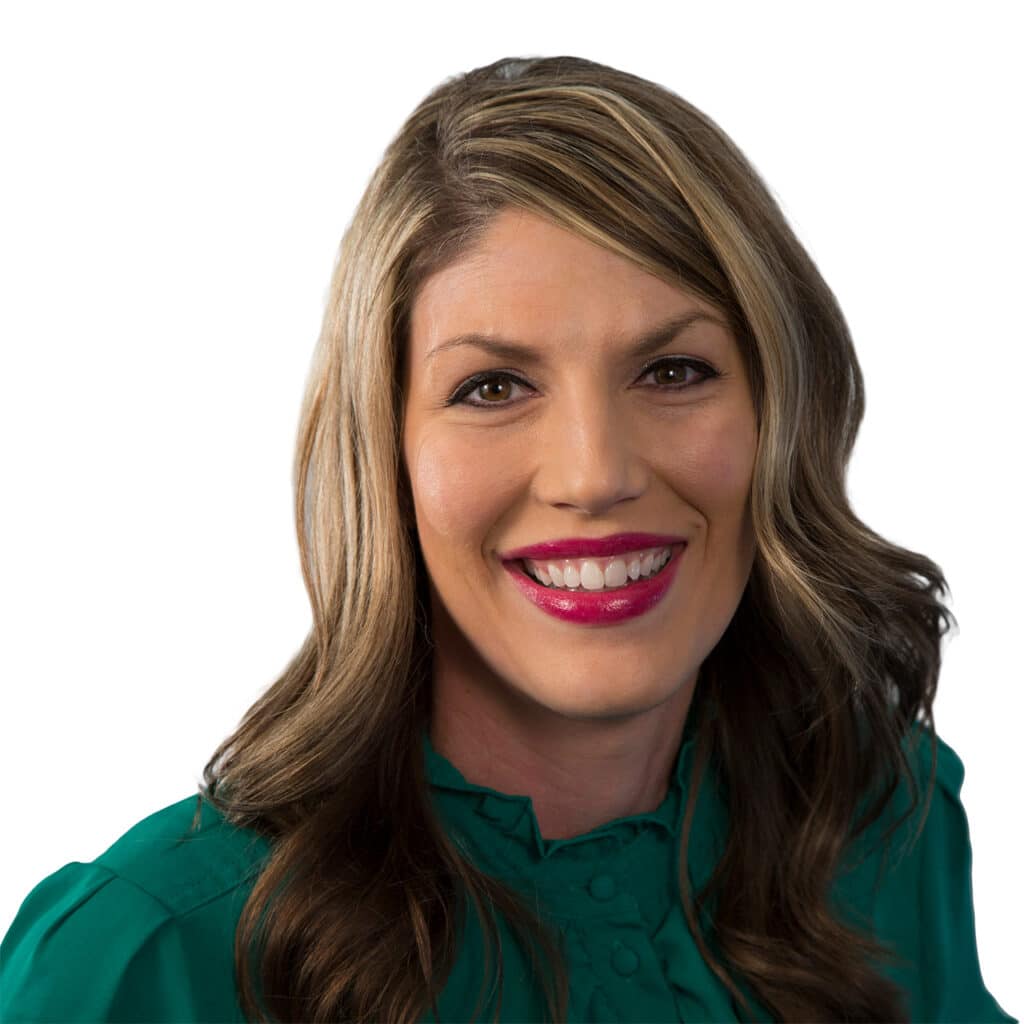In the midst of a global crisis in social relations, spiralling levels of harassment, scapegoating and online and interpersonal hostility have become routine, especially for members of minoritised and stigmatised communities.
As microcosms of wider society, university spaces are not immune to these social, cultural and political tensions. Yet the ways prejudices play out in higher education often go under-explored. As a result, many students feel unsafe and unsupported at a time when multiple points of crisis have exposed student communities to a heightened risk of harassment.
In response to these mounting pressures, the OfS has emphasised the urgent need for action. From August 2025, new requirements will compel institutions to actively address harassment and sexual misconduct. However, current discussions too often overlook the full spectrum of harassment. Non-sexual forms of hostility—such as racist, disablist, homophobic, and transphobic harassment—frequently remain at the periphery of institutional priorities.
Our current research, due to be completed in July 2027, addresses this gap. It takes an inclusive, victim-centred approach to examining all forms of harassment. By investigating the barriers students face in accessing effective support and understanding their lived experiences of violence, microaggressions, and exclusion, the study will generate critical insights to help universities create truly safe and supportive environments.
The importance of self-definition
A crucial aspect of this research is that harassment cannot, and should not, be narrowly defined by institutional standards or legislation alone. This is why allowing students to define what constitutes as harassment to them is so important.
Self-definition acknowledges that students are best placed to interpret the behaviours that harm them, informed by their unique identities, cultural contexts, and lived experiences.
This approach moves beyond rigid, exclusionary notions of who experiences harassment and in what form. It acknowledges the subjective and often complex nature of harassment and fosters empathy and inclusivity. For instance, a seemingly minor microaggression may carry significant emotional weight for a student facing intersecting disadvantages. Equally, behaviours such as online victimisation, sustained name-calling, or subtle exclusion may not fit traditional definitions of harassment, yet they can deeply impact an individual.
Our 2020 pilot study at the University of Leicester embraced this framework of self-definition. Students identified more than a dozen identity characteristics as a motivating factor in their victimisation. Amongst some of the more often discussed identity characteristics, students spoke about how their political views, subcultural status, accent, dress and appearance, and their status as a mature student were also reasons they felt they were targeted.
The emotional, behavioural and educational impacts of targeted harassment were diverse, far-reaching and profoundly damaging to their student experience.
Self-definition does not mean abandoning clear policies or legal obligations. Instead, it complements existing frameworks by placing student voices at the centre of institutional responses. By understanding often ‘hidden’ and under-acknowledged forms of harassment, universities can build more holistic, evidence-based systems to support victims. For instance, reporting systems should allow students to disclose harassment that targets multiple aspects of their identity – for example, a student who is both Black and gay, or a student who is Muslim and disabled. Staff training can then focus on recognising these nuanced impacts, ensuring that responses are handled with cultural sensitivity and empathy.
Working across institutions
Sector-wide progress has been hindered by fear of reputational damage, a culture of conservatism, and, in some cases, a continued denial of the problem entirely. Where reliable research on harassment within HE exists, it generally focuses on one particular institution or just a single form of harassment. Our approach is different.
We are working across five participating higher education institutions (HEIs) in England, purposefully selected for their very different geographical locations, student demographics and institutional profile. By working cross-institutionally and through our continued collaborations with OfS and Universities UK, we can maximise the impact of our findings and shift the narrative surrounding harassment and sexual misconduct. Rather than being perceived as an issue confined to a handful of “bad apple” universities, this approach acknowledges that such problems exist across the sector and require a unified response.
This technique should also help to reduce fears of reputational damage, as it frames the issue as a systemic challenge rather than a localised failure. It also fosters a culture of accountability and continuous improvement, showing that universities are committed to addressing misconduct comprehensively rather than reacting defensively after incidents occur.
Working with a range of HEIs in this way allows us to produce a suite of student-informed resources that can be tailored to individual HEIs. The insights gained from our research will not merely reflect existing challenges; they offer a roadmap for compliance with OfS conditions and for creating transformative, lasting change. By prioritising inclusivity and evidence, institutions can fulfil their obligations while fostering safer, more equitable spaces for all students.
To find out more, please reach out to the research team at [email protected]






